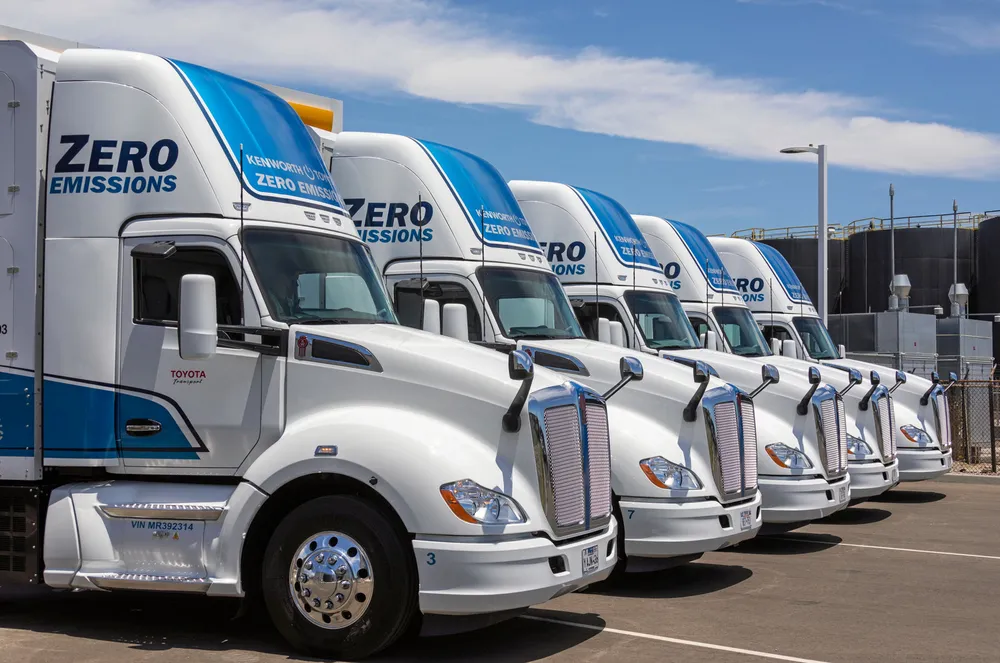Hydrogen will be preferred solution for long-haul trucks, but all cars will be battery electric: Shell's new 2050 scenario
Oil major plots potential path to net zero by 2050 in world where energy security is a major concern in wake of Russia’s invasion of Ukraine
